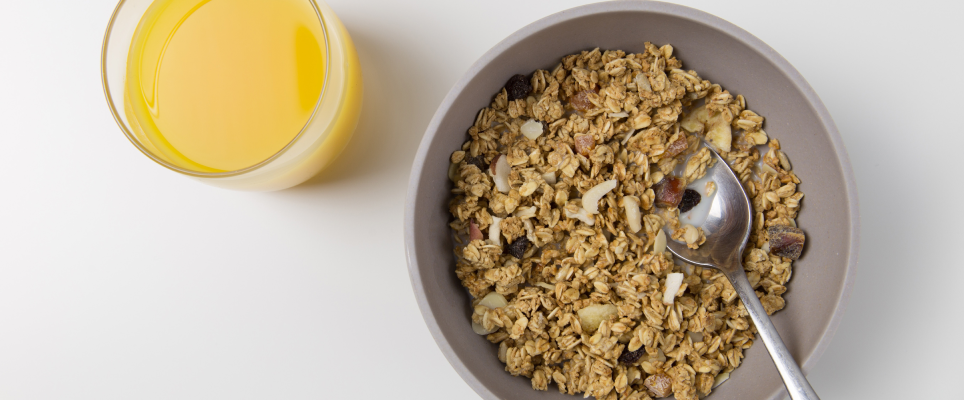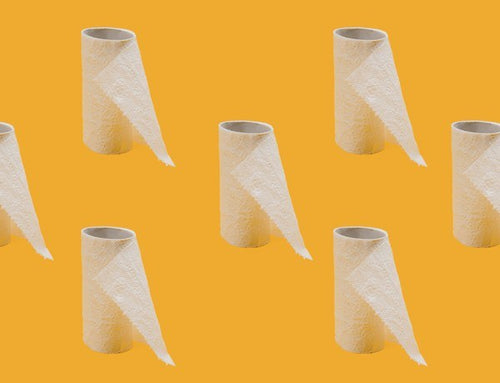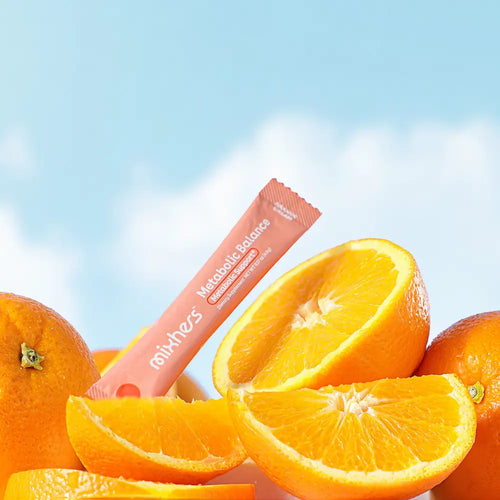Dietary fiber is a type of carbohydrate and it’s a common substance in plants. If you need added fiber in your diet, you can get it from a variety of natural sources, such as fruits, vegetables, whole grains, and beans (such as black beans and kidney beans).
Brown rice and sweet potatoes are also good sources of fiber. White rice doesn’t have much fiber because the bran, husk, and germ have been removed. While a small amount of white rice may help add bulk to the stool, too much white rice may actually contribute to constipation.
There are two types of dietary fiber: soluble fiber and insoluble fiber. Soluble fibre is the type that the body can digest, but it takes a long time to do so. This means that soluble fiber won’t cause quick blood sugar spikes and subsequent crashes.
Insoluble fibre isn’t digested by the body. Instead, it passes through your digestive tract and helps move waste out of your body. Insoluble fiber consumption can help relieve constipation.
If you want to stay regular, it’s important to get both soluble and insoluble types of dietary fiber in your daily diet. It’s pretty easy to get sufficient fiber if you eat a whole food diet. You can also get more fiber in your diet by taking fiber supplements as needed.












